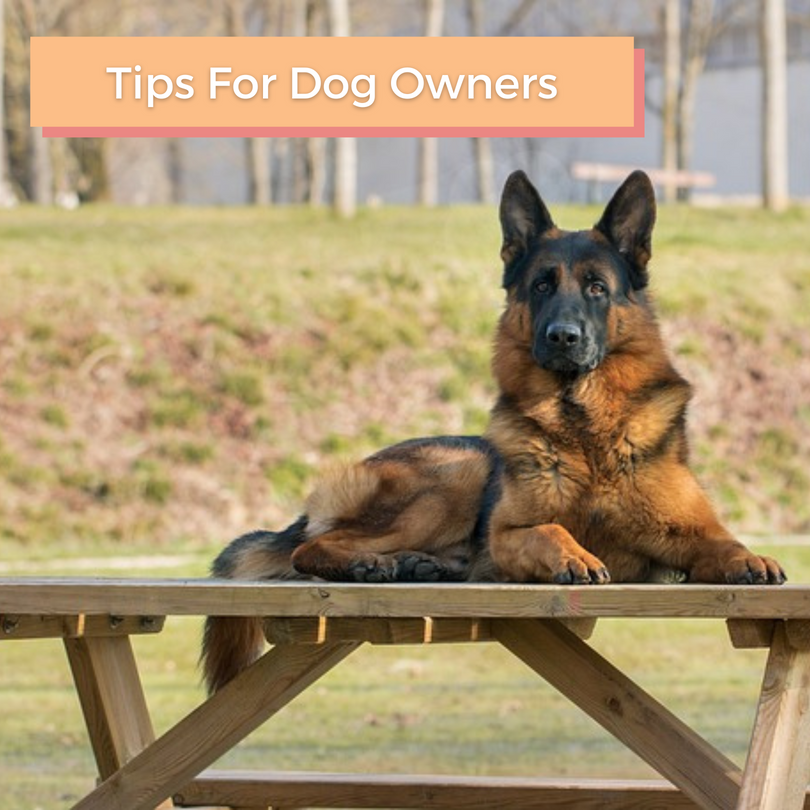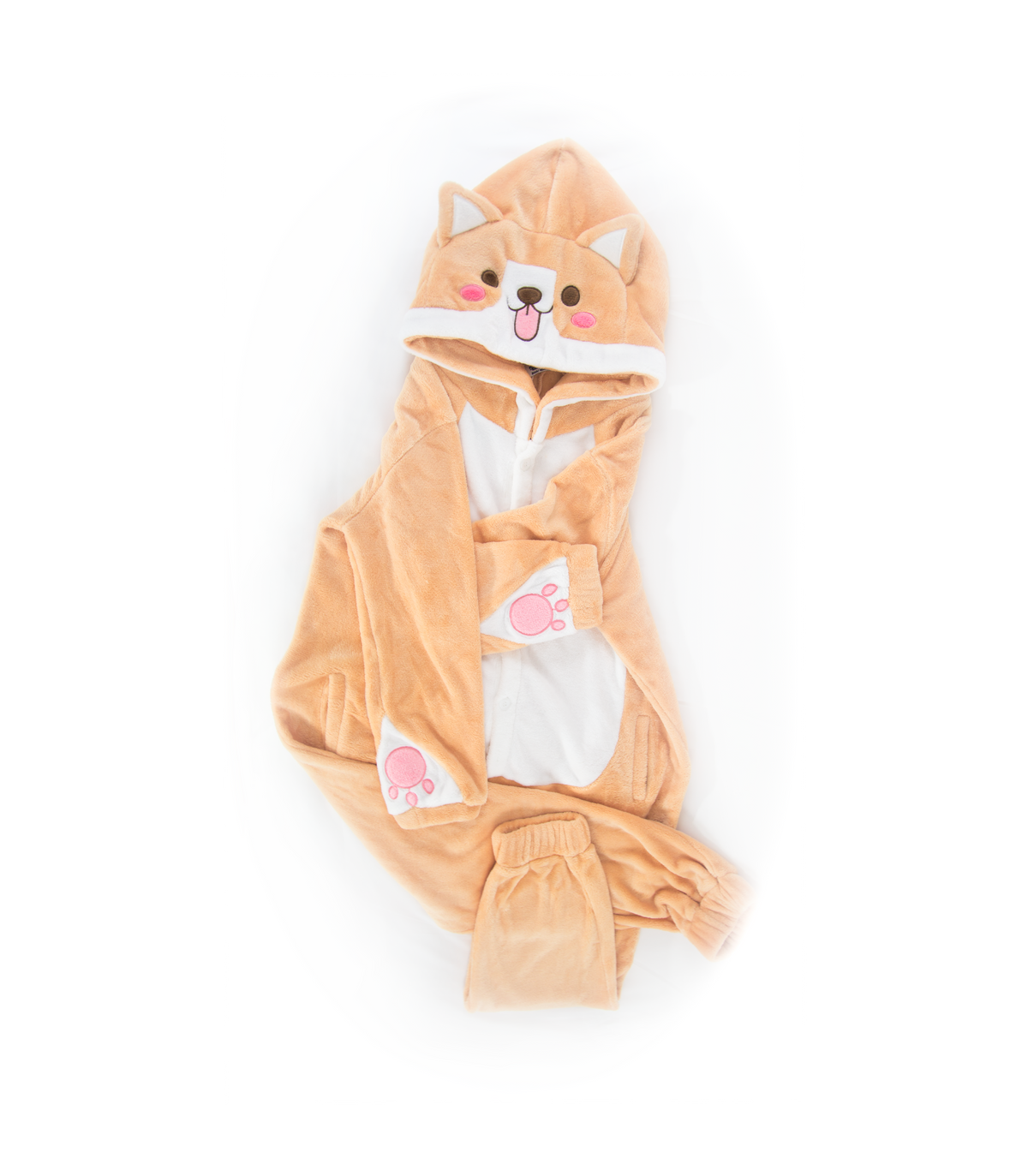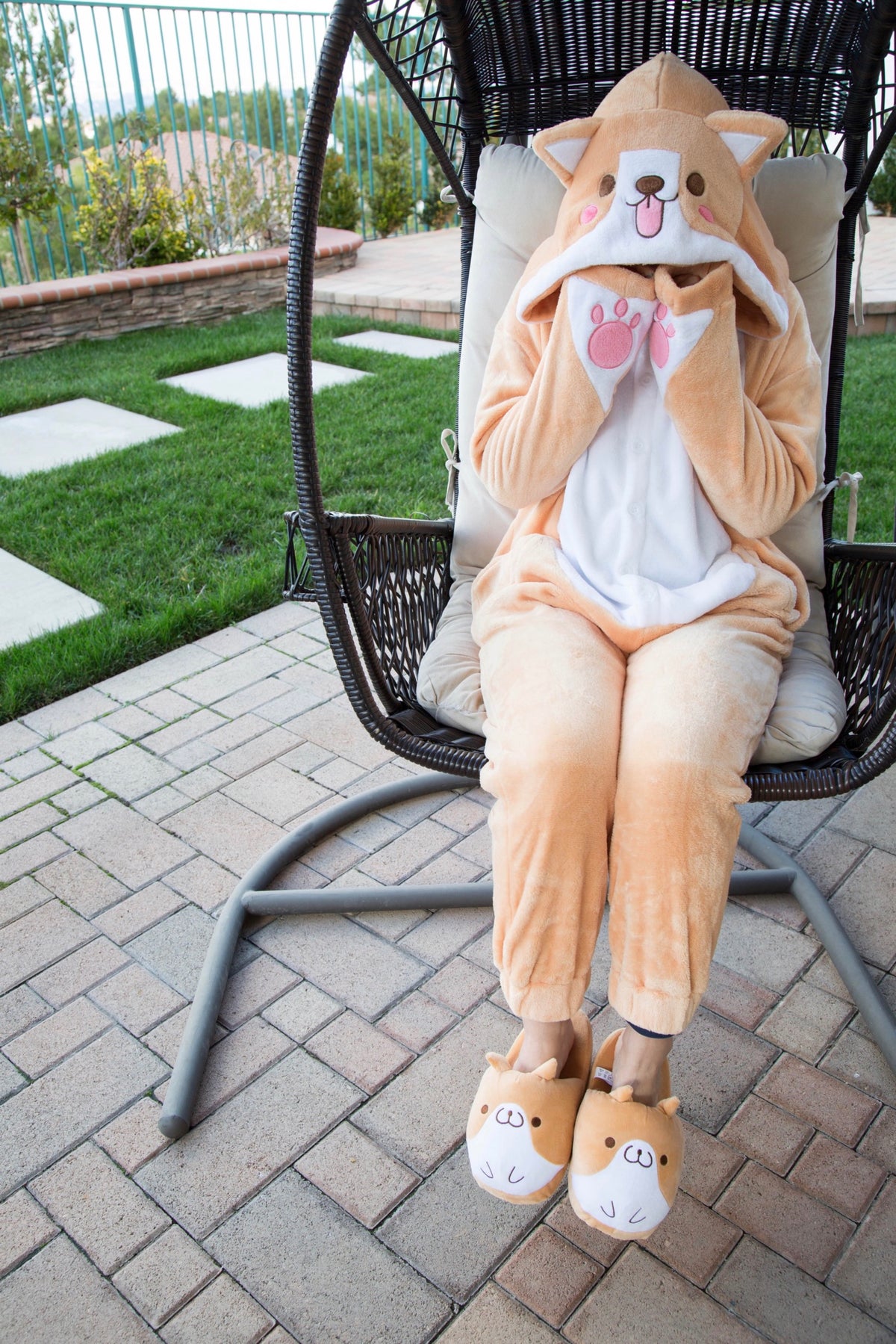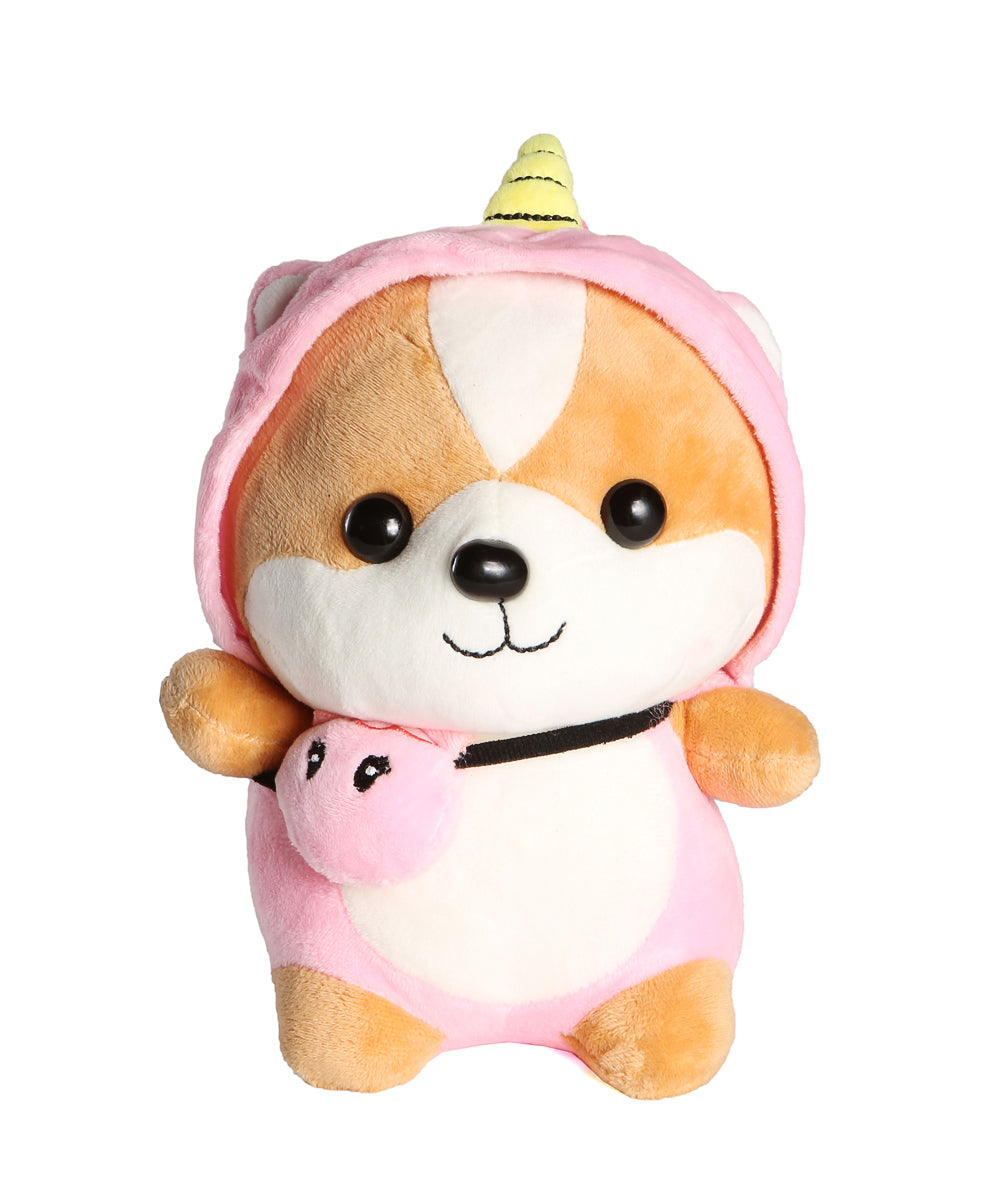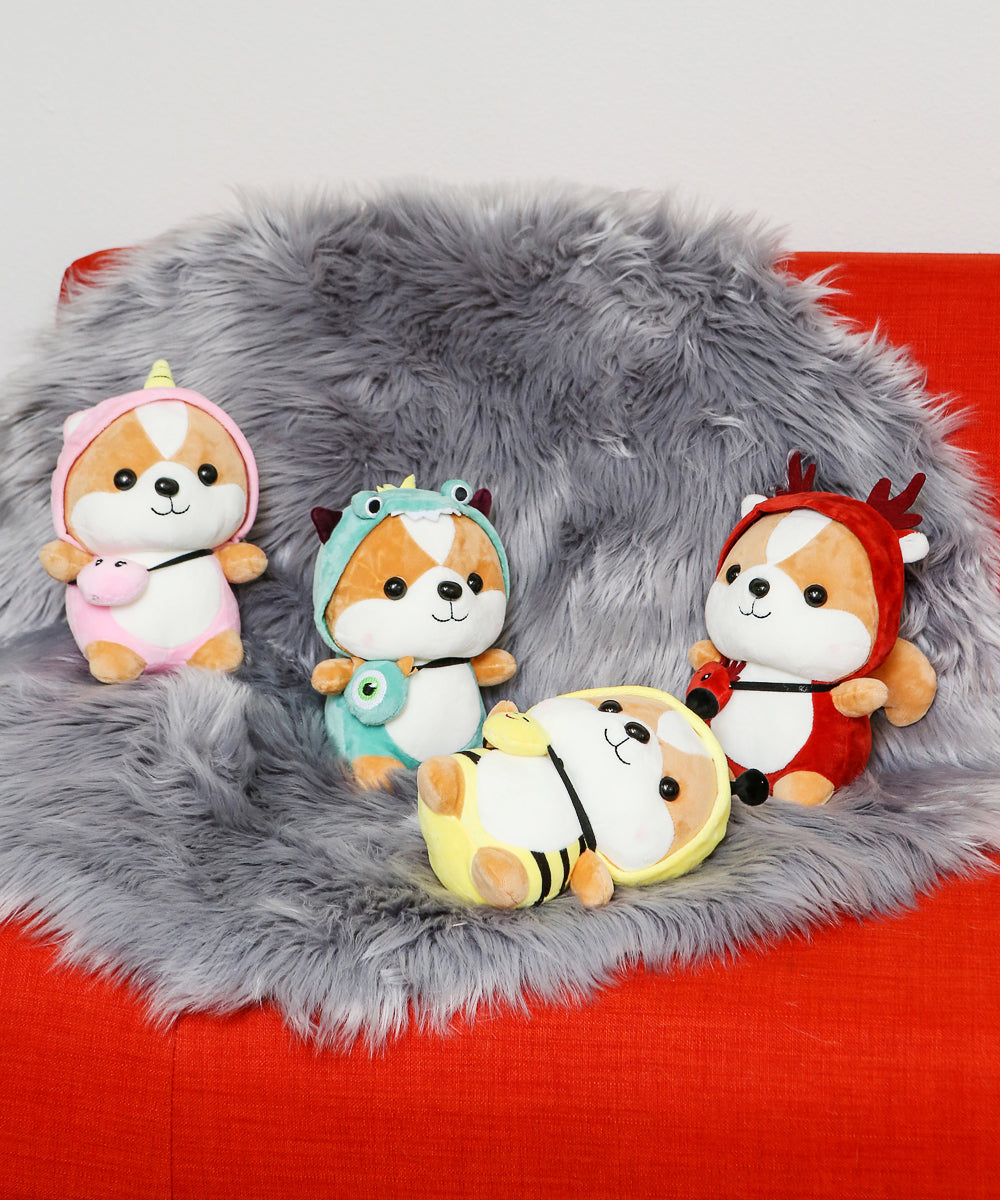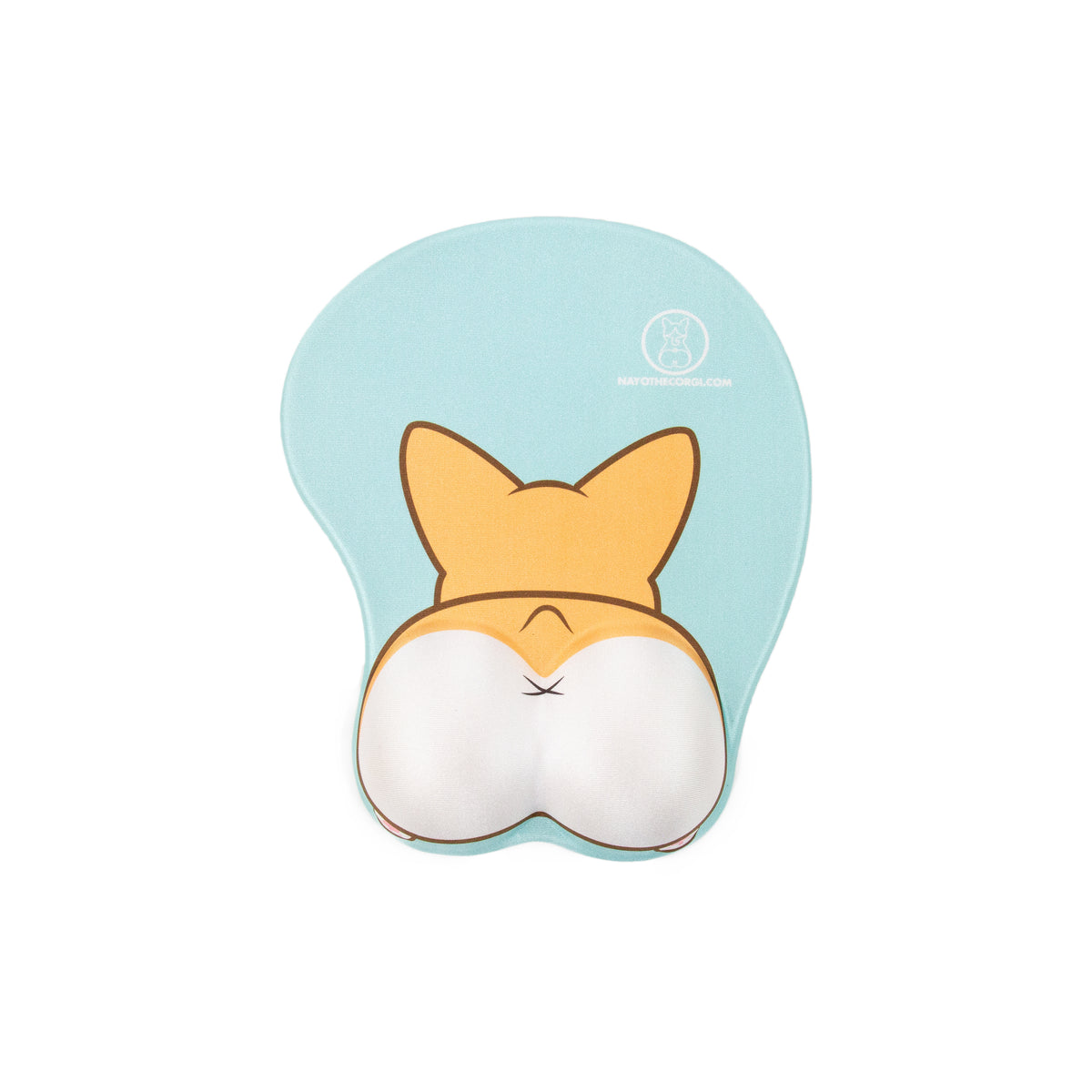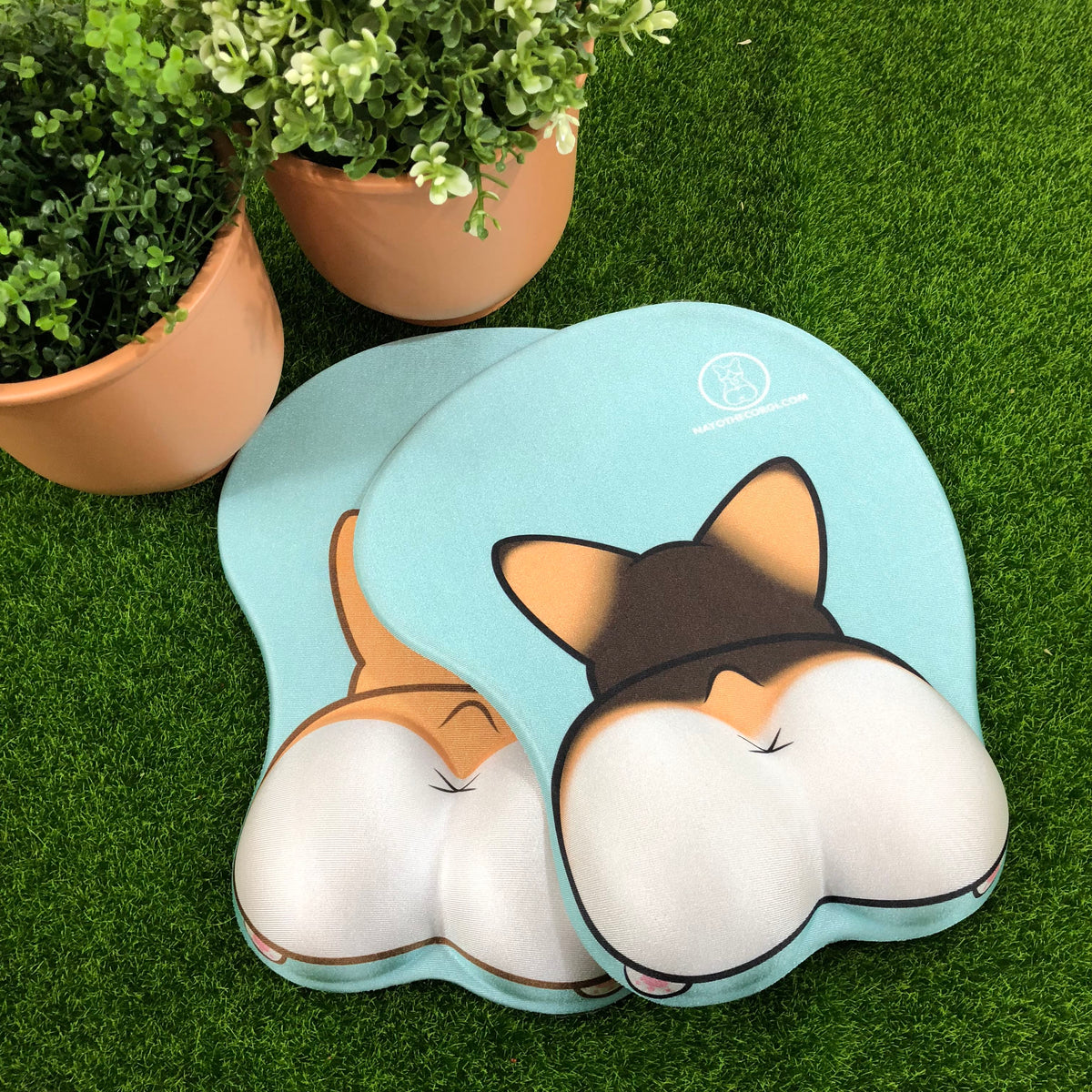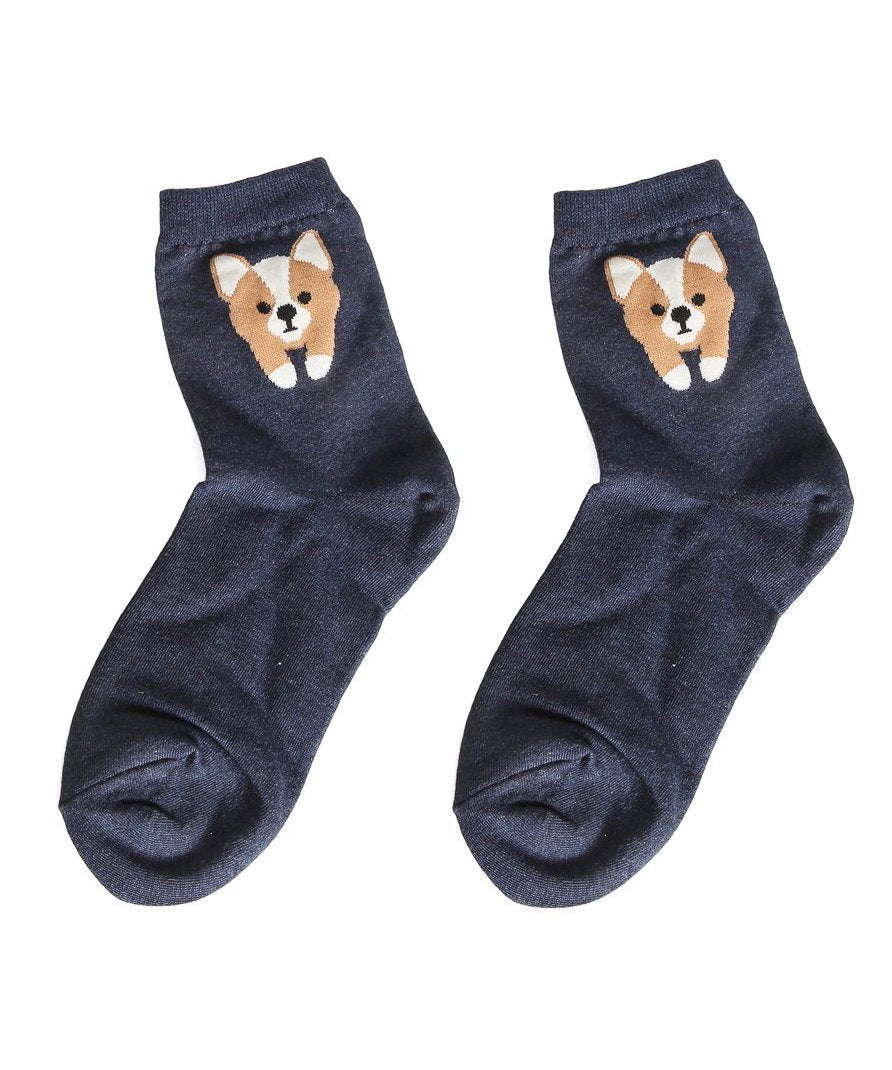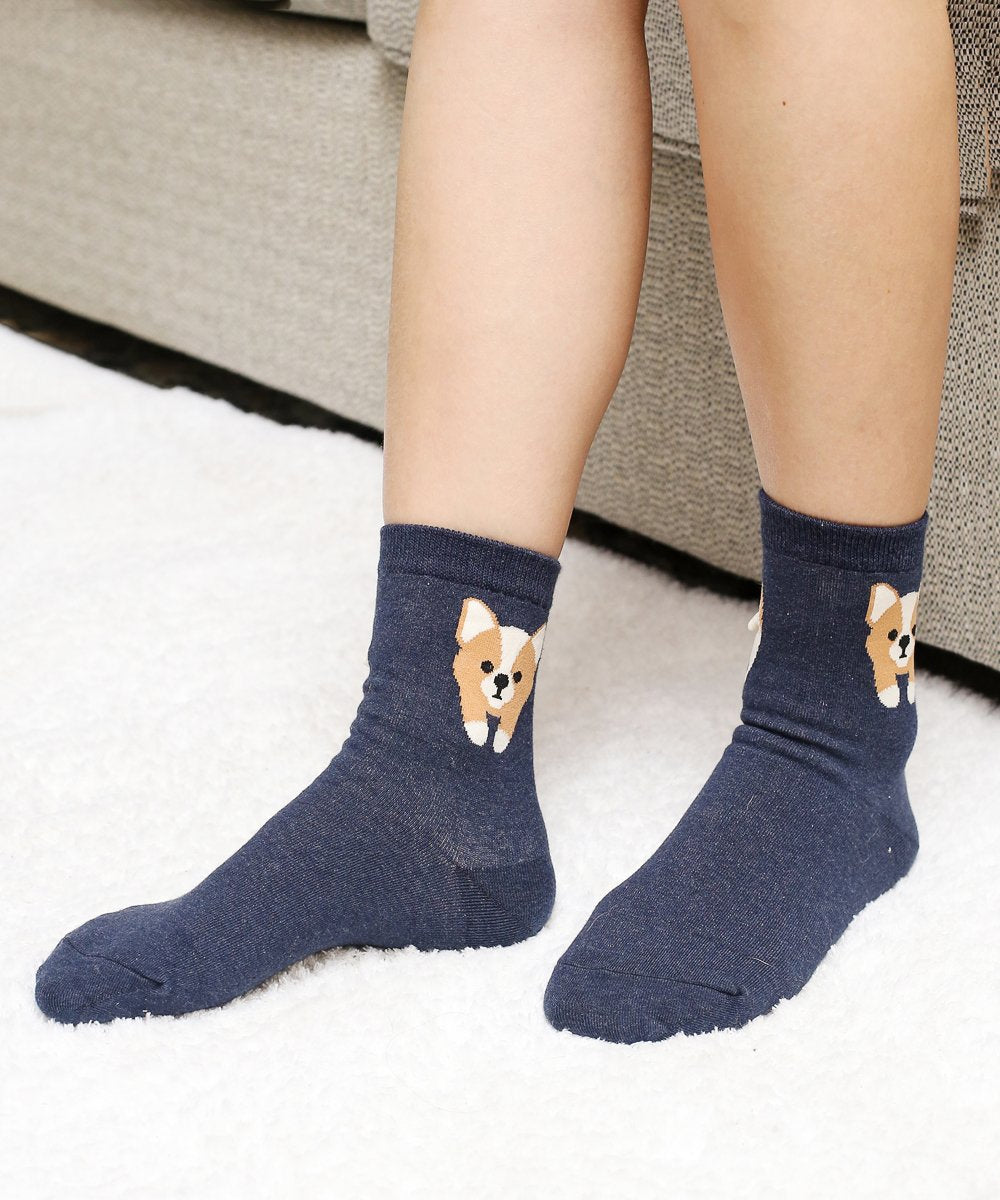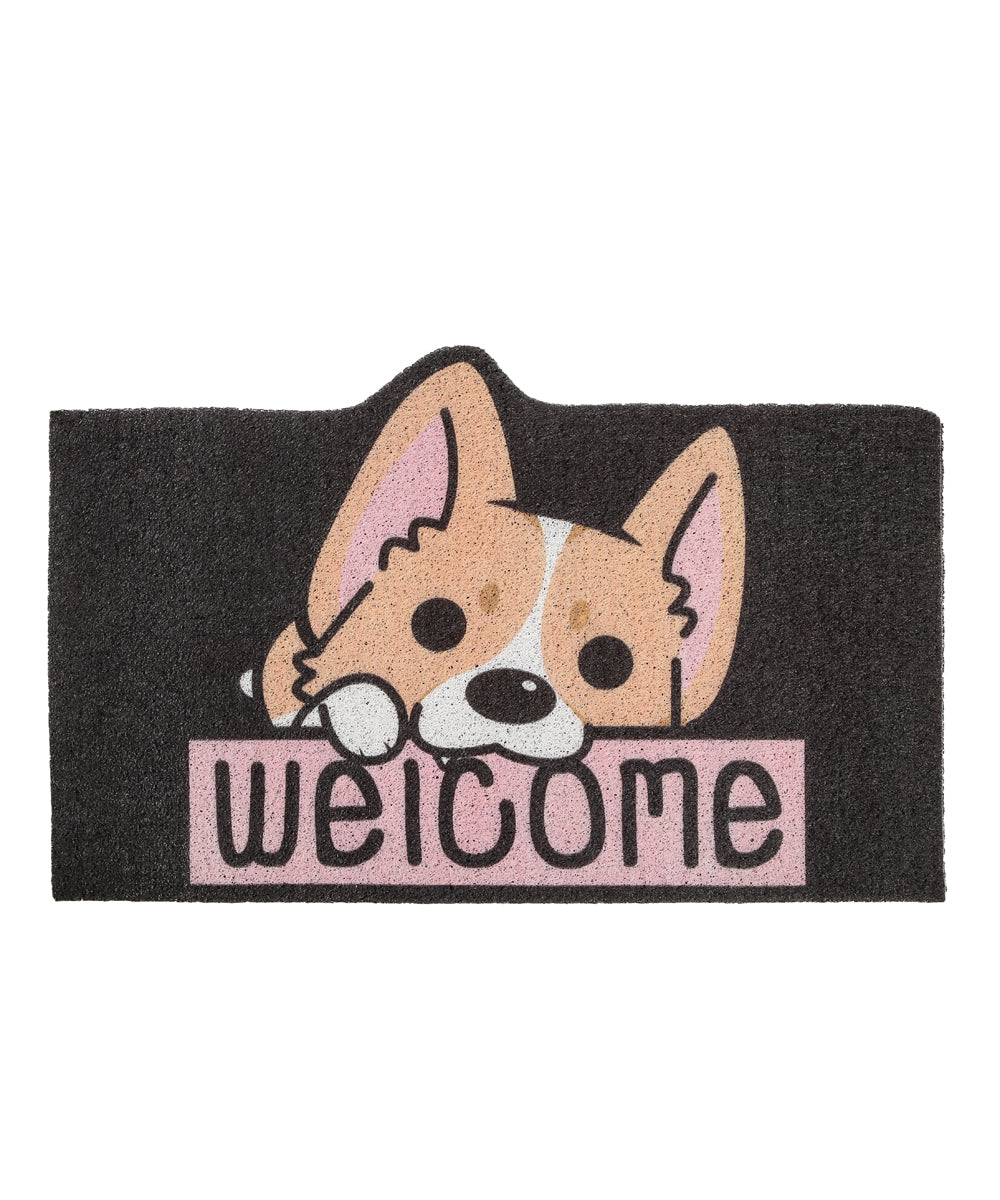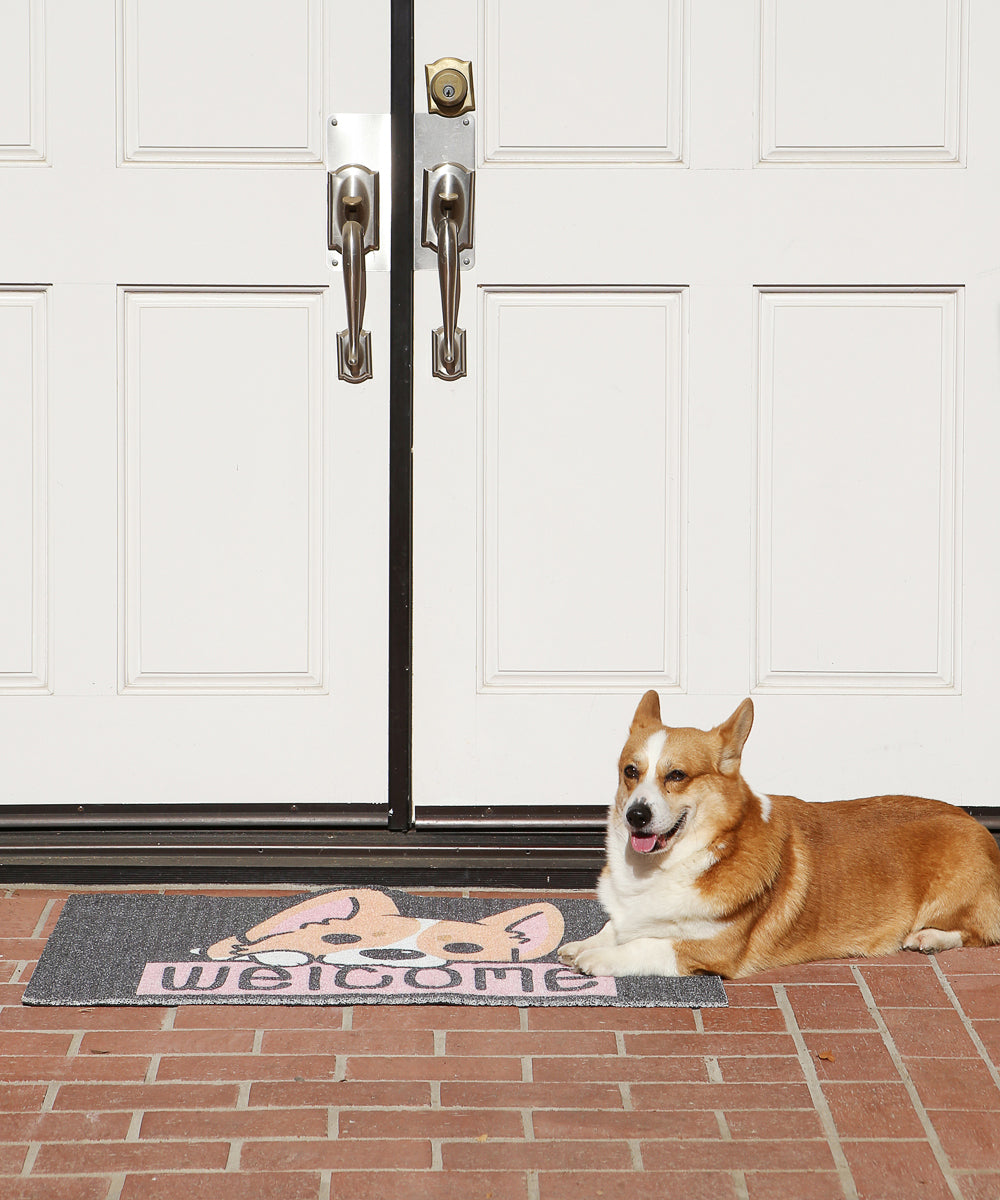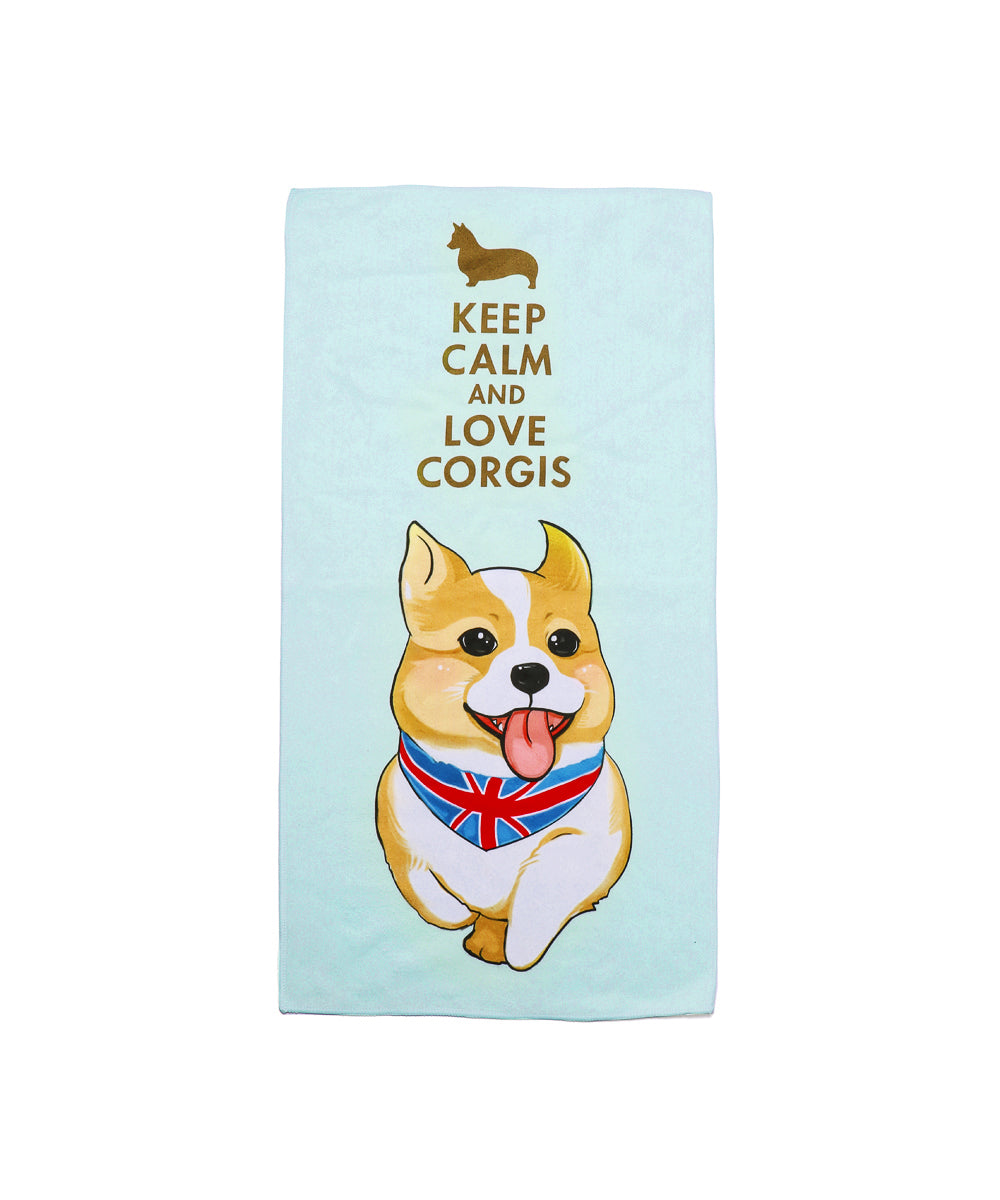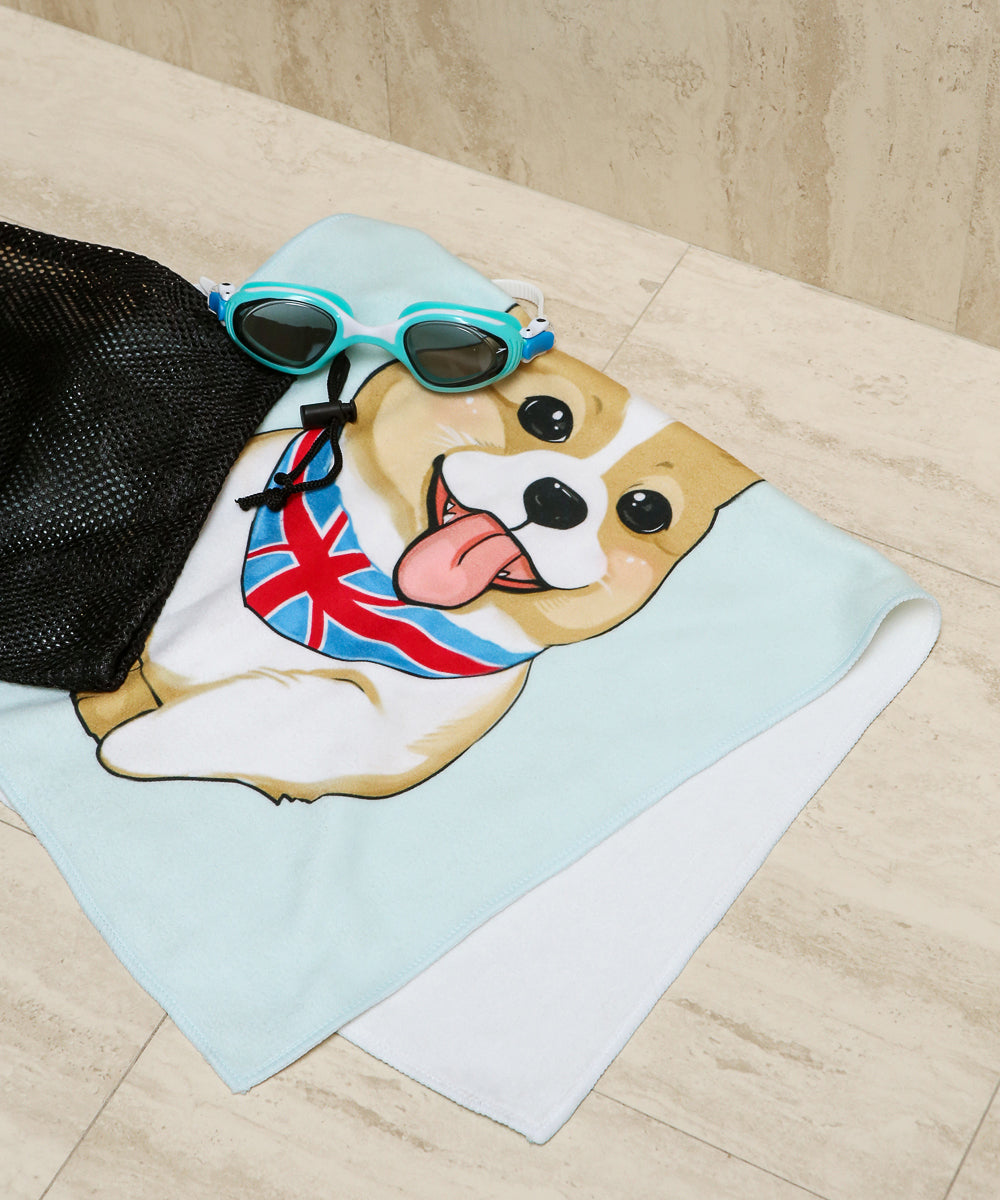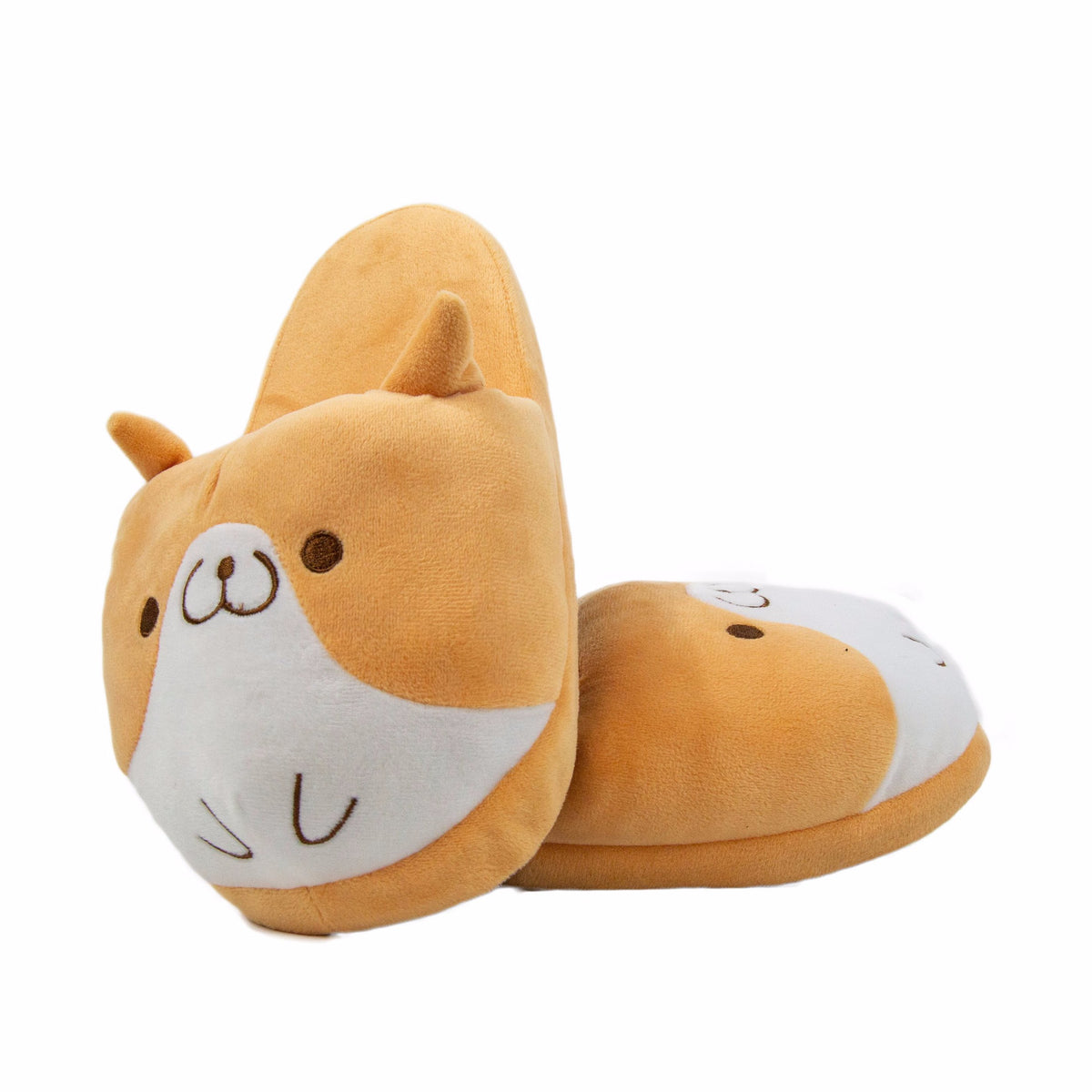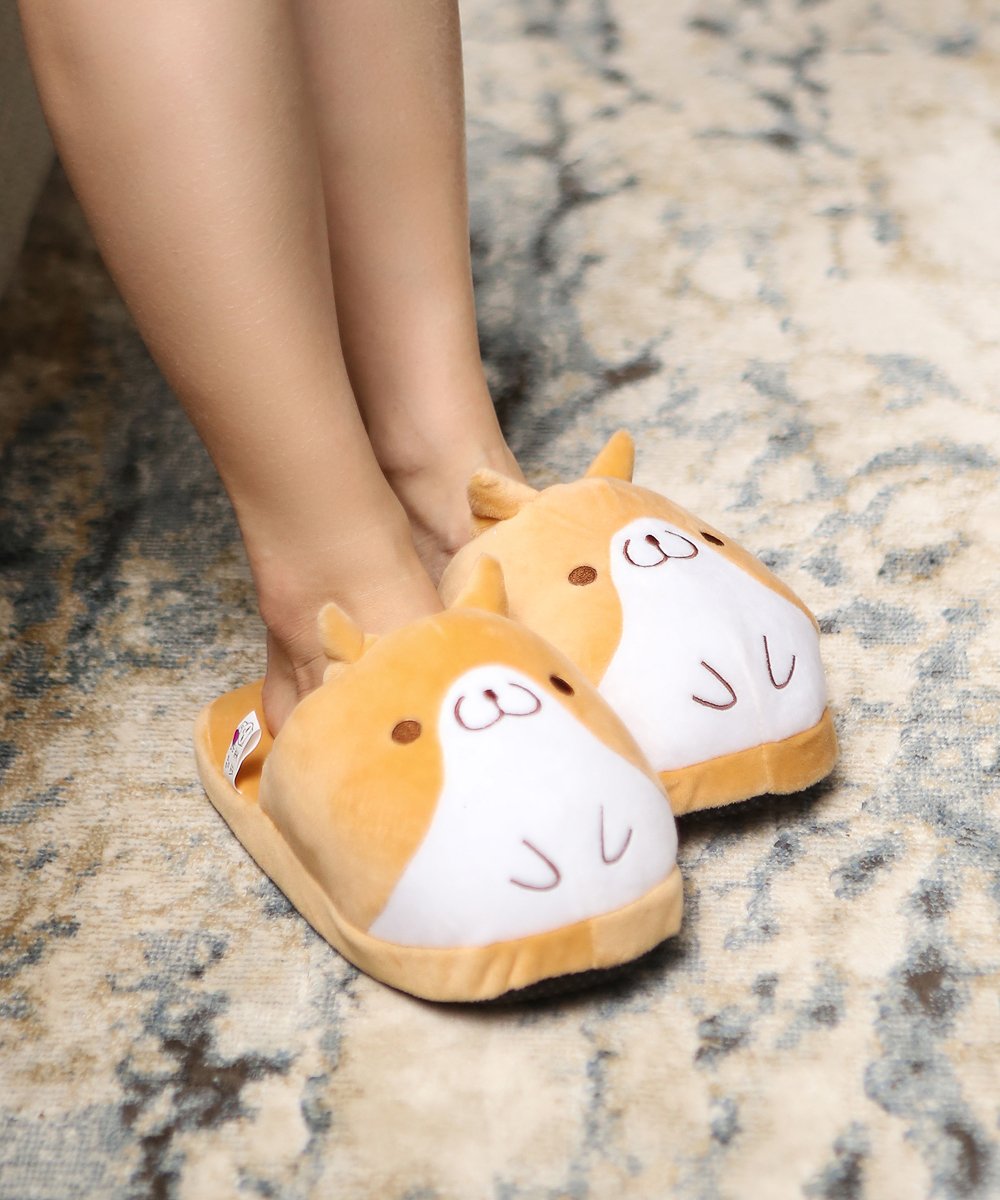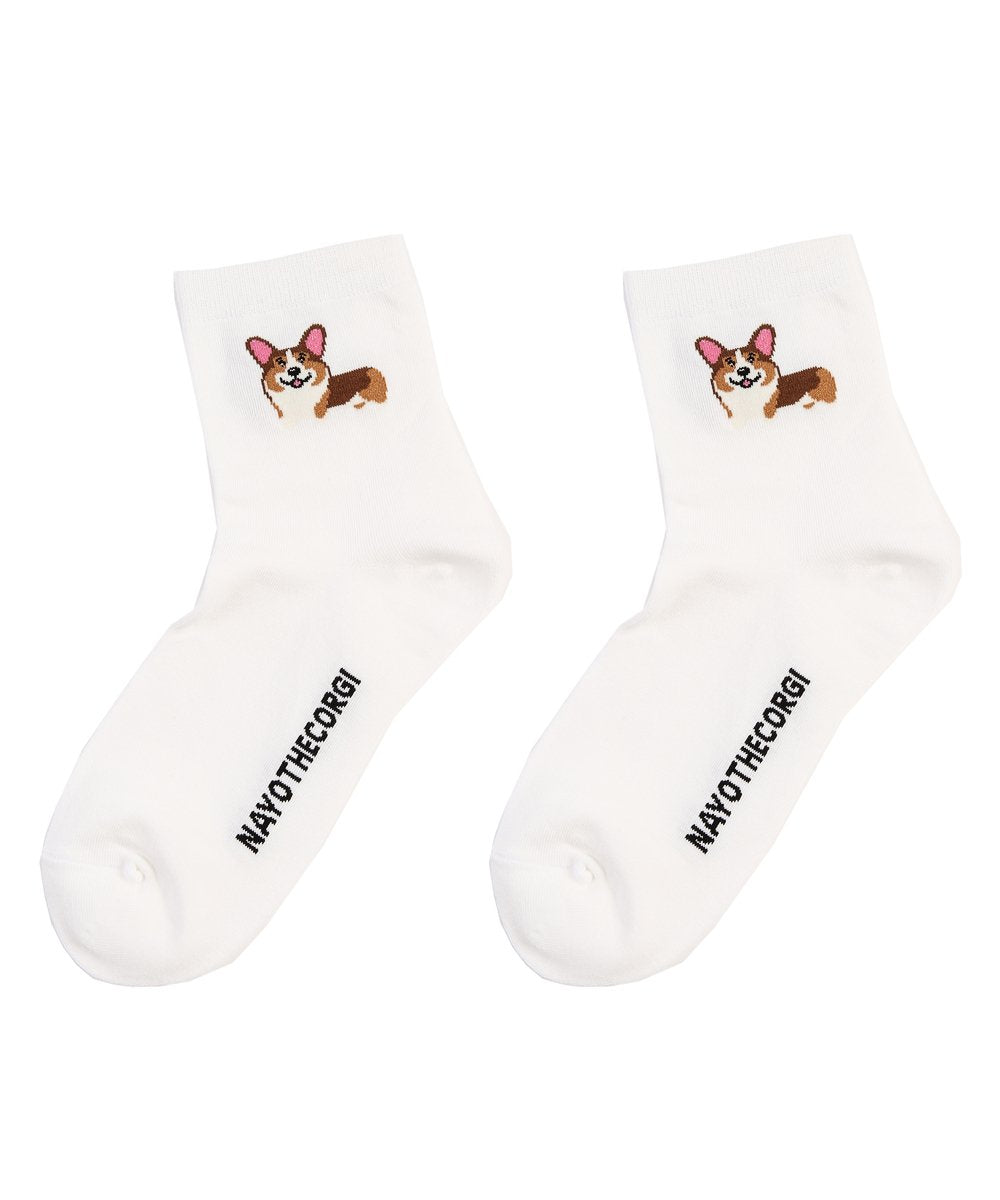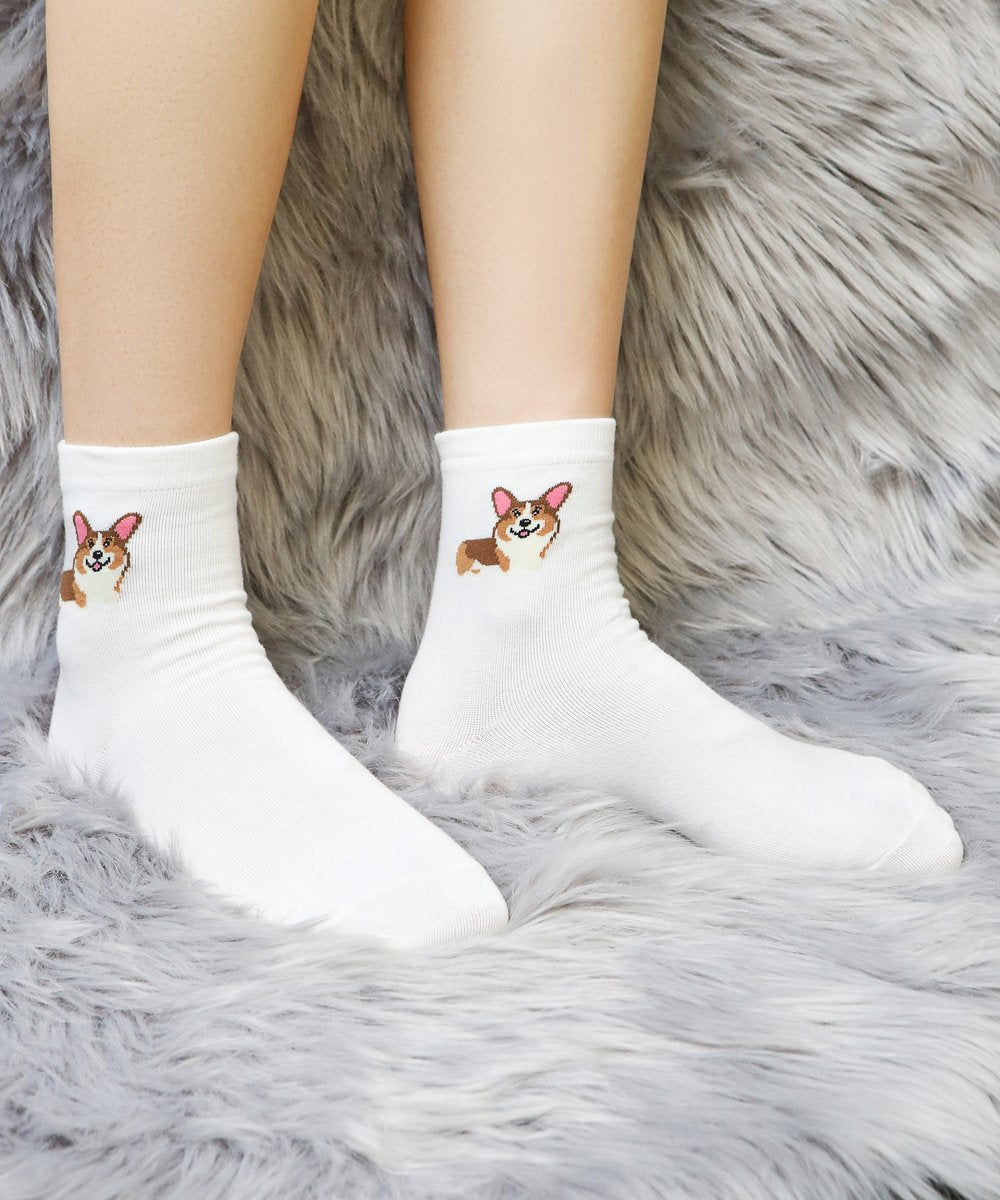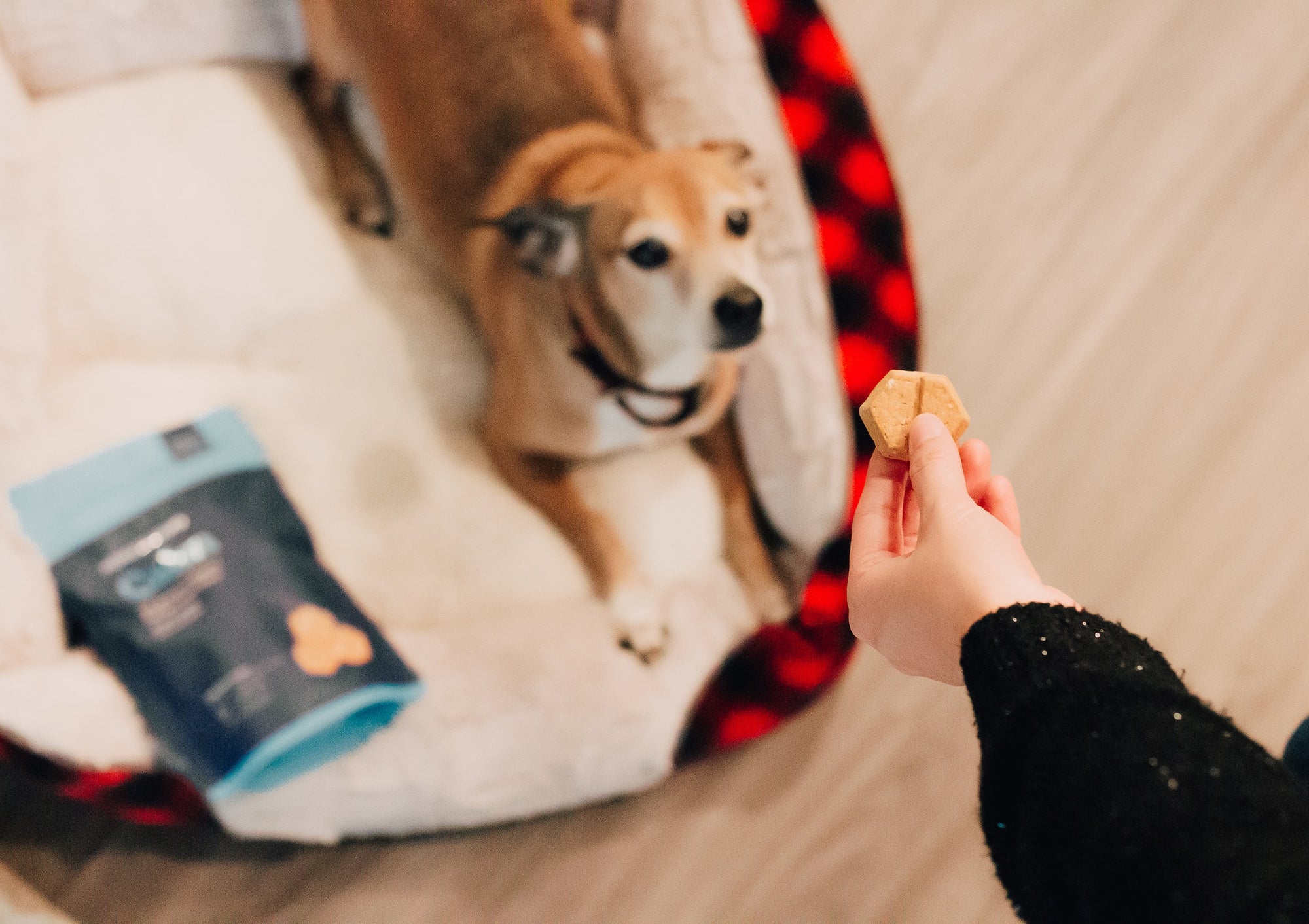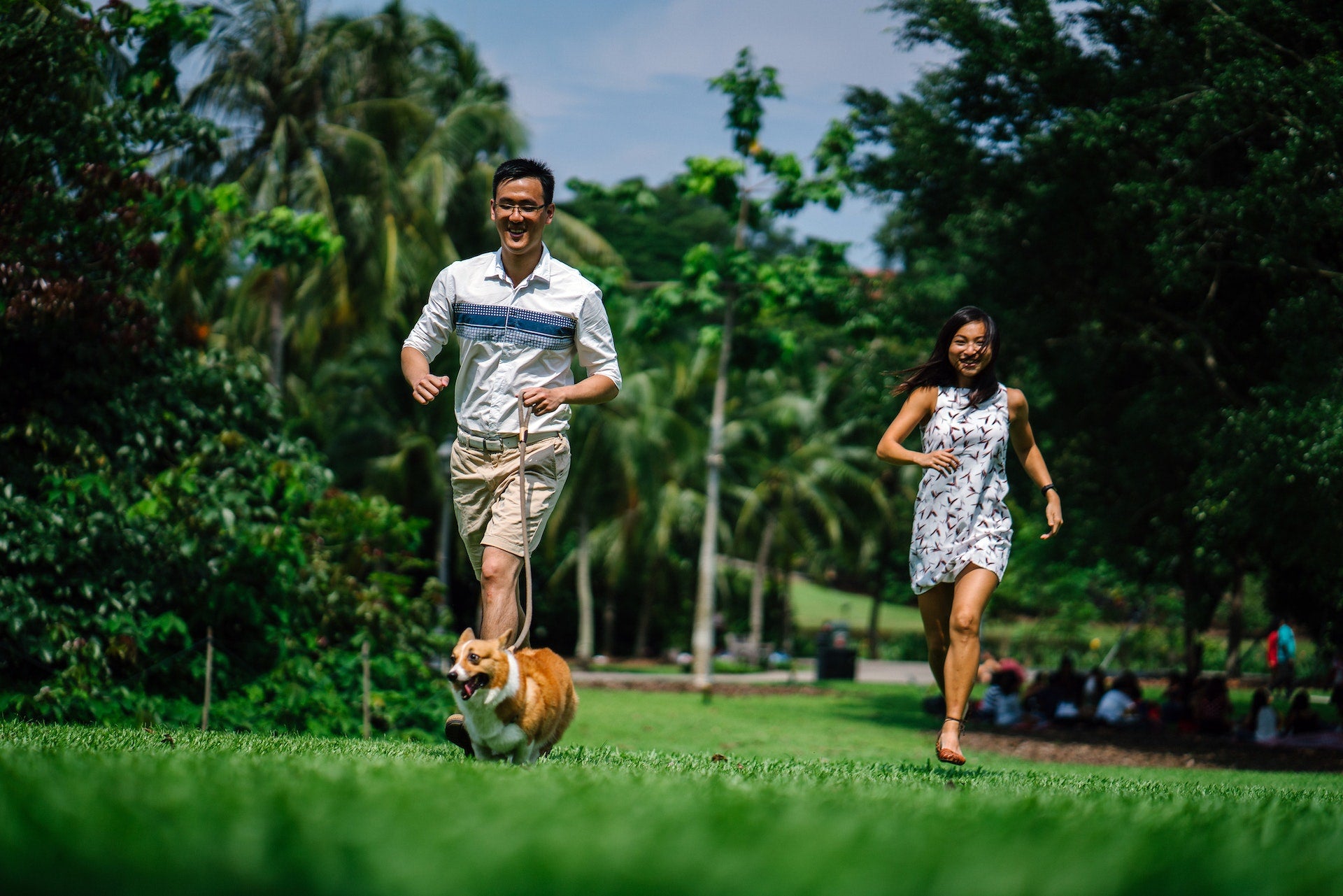So, you own a Corgi or want to adopt a Corgi. Cute and cuddly, there are actually two recognized types of Corgi's. A favorite breed of Queen Elizabeth II's, the Cardigan Corgi traces its origins to Cardiganshire, and the Pembroke Welsh Corgi's to Pembrokeshire.
The Cardigan Corgi has a longer tail, while the Pembroke’s tail is closer to its body. The Pembroke usually has a shorter body, and pointy ears, while the Cardigan ears are rounder at the tips. Corgi's have a lifespan of roughly 12-15 years.

Colorful corgis
Known for being great family pets that are playful, bold, friendly and even protective (they have a surprisingly loud bark because they're alert "watchdogs"), at full size, male Corgis weigh about 22 to 31 lbs; the female 22 to 29 lbs.
They're loveable, fun dogs that tend to come in a variety of shades includes black and tan, black and white, and even red.
Corgi's are shorter, almost squat pooches with a long body and thick, muscular upper legs--slightly similar in shape to a dachshund. They're not a hypoallergenic breed; they have a thick double coat of fur, making them--you got it--bigtime shedders. (Both the Pembroke Welsh Corgi and the Cardigan Welsh Corgis shed year round, so keep them well-groomed!).
Adds Simon: "Keep them fit and active by going on varied routes and avoiding obesity."
Because Corgi's are herding dogs, most love to run around and play, but pet experts and vets usually consider them as better indoor dogs than outdoor ones. However, that doesn't mean they don't love their time outdoors and can feel stressed out if they're stuck indoors all day.

Walk this way
Daily, frequent exercise is important for Corgi's to stay happy and healthy. They'll feel trapped and potentially engage in naughty behavior if they don't get some exercise. Just remember, although they have high energy levels and are known for being smart, their tiny legs may struggle to keep up with you on long runs.
Corgi's are also known for running around in circles, which easily tires them out, and also randomly running from room to room, which looks frantic but is how they "play" and get some exercise.
Leash training them early is important. Corgi's need to be socialized as pups so it's easier for them to greet other animals and humans as they age.
Many Corgi owners and trainers say with some patience and repetition, Corgi's can be trained to bark on command and to let go of things they're carrying in their mouth. (Lots of Corgi's love playing tug-of-war with a pet-friendly rope toy, for example, and can "let go" of the rope on command if trained.)
So, make sure your beloved Corgi eats well and doesn't struggle with their weight by making sure they have frequent exercise that isn't too overwhelming -- and lots of TLC!








